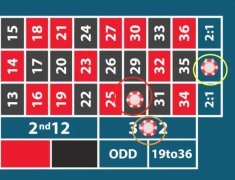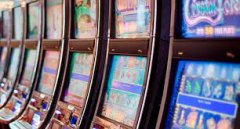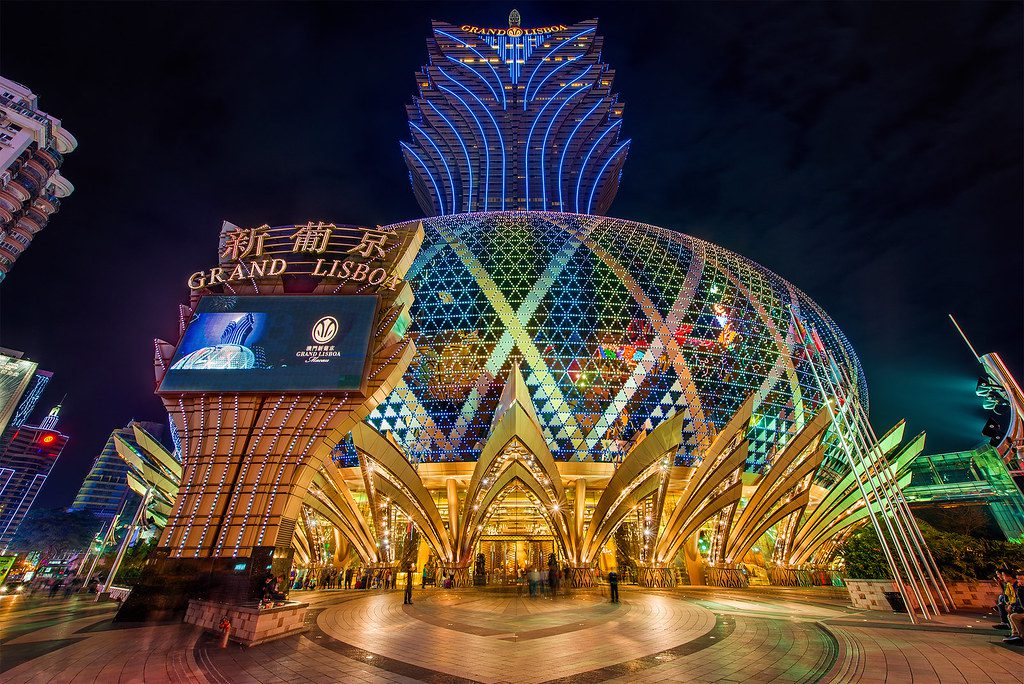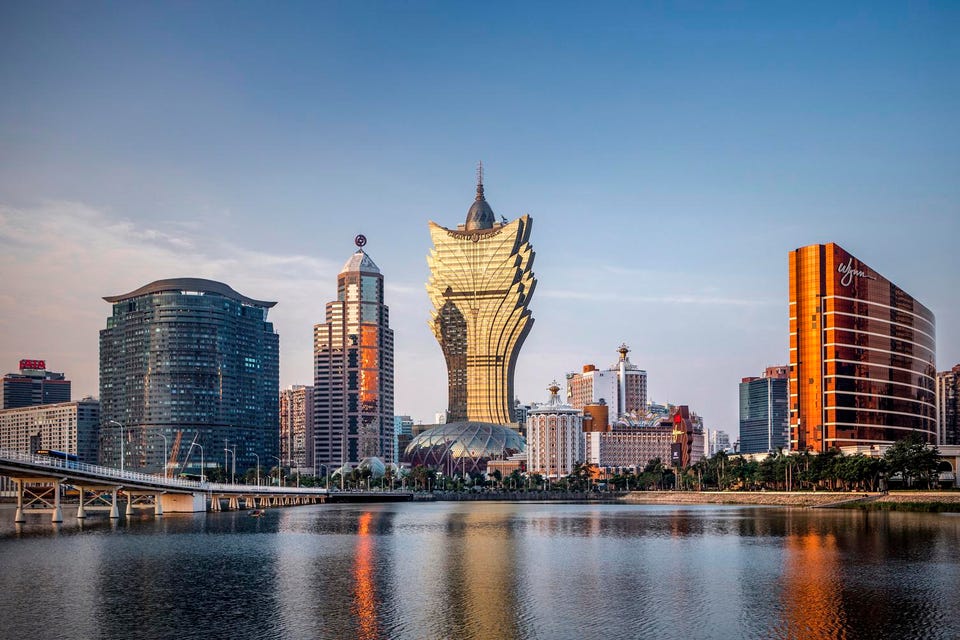|
Gaming stocks in Macau have all benefited. A construction boom will boost the Chinese casino's capacity to accommodate. But to justify their lofty valuations, gaming operators need not only to attract more customers, but also to encourage them to spend more at the tables. Any slowdown in growth or increased competition could put gaming stocks' high price-to-earnings ratios to the test.
However, many things can go wrong. If growth in visitor numbers slows, casinos will have excess capacity and will have to intensify competition for business. New casinos in places such as Japan could attract regulars from Macau. Revenue forecasts can also be worrisome if new hotel construction or staffing isn't in place on time.
Investors, however, are hoping for better performance in Macau's gaming sector. Total revenue will reach HK$506 billion as early as 2016, according to Eikon estimates. In addition, the gross EBITDA margin is expected to rise to 24%.
Macau, a former Portuguese colony, is gradually running out of urban space. Even though more than half of the 29 million tourists who visited Macau in 2013 were day trippers, hotels remain overcrowded. Therefore, the casino is stepping up expansion. According to Las Vegas Sands, the total number of rooms in four- and five-star hotels in Macau will increase by 40% by 2018.
Macau, a former Portuguese colony, is gradually running out of urban space. Even though more than half of the 29 million tourists who visited Macau in 2013 were day trippers, hotels remain overcrowded. Therefore, the casino is stepping up expansion. According to Las Vegas Sands, the total number of rooms in four- and five-star hotels in Macau will increase by 40% by 2018.
Macau's six registered gaming operators collectively raked in about HK$321 billion (US$41.4 billion) in revenue last year. If revenue from tourists grows in tandem with hotel capacity, it will reach around HK$450 billion by 2018. Based on an industry margin of about 21 percent, the gaming industry's earnings before interest, tax, depreciation and amortization (EBITDA) would total nearly HK$95 billion.
That means casinos not only have to attract more tourists, but also try to generate more revenue and profits from them. To do so, they may have to attract more tourists who come to Macau on their own, rather than organizing tours through subsidized junket operators. So-called mass-market visitors accounted for a third of Macau’s gaming revenue last year but contributed two-thirds of its operating profit, according to Sands estimates.
It's still possible for Macau's gaming operators to hit their lofty targets, but their share prices are too high to miss. All six listed gaming stocks are now valued at more than nine times estimated 2016 EBITDA. It really took a lot of effort for them to make a satisfactory profit.
|
Hot Keywords:













